William Nikolakis - Reclaiming Indigenous Governance: Reflections and Insights from Australia, Canada, New Zealand, and the United States
Here you can read online William Nikolakis - Reclaiming Indigenous Governance: Reflections and Insights from Australia, Canada, New Zealand, and the United States full text of the book (entire story) in english for free. Download pdf and epub, get meaning, cover and reviews about this ebook. year: 2019, publisher: University of Arizona Press, genre: Politics. Description of the work, (preface) as well as reviews are available. Best literature library LitArk.com created for fans of good reading and offers a wide selection of genres:
Romance novel
Science fiction
Adventure
Detective
Science
History
Home and family
Prose
Art
Politics
Computer
Non-fiction
Religion
Business
Children
Humor
Choose a favorite category and find really read worthwhile books. Enjoy immersion in the world of imagination, feel the emotions of the characters or learn something new for yourself, make an fascinating discovery.
- Book:Reclaiming Indigenous Governance: Reflections and Insights from Australia, Canada, New Zealand, and the United States
- Author:
- Publisher:University of Arizona Press
- Genre:
- Year:2019
- Rating:5 / 5
- Favourites:Add to favourites
- Your mark:
Reclaiming Indigenous Governance: Reflections and Insights from Australia, Canada, New Zealand, and the United States: summary, description and annotation
We offer to read an annotation, description, summary or preface (depends on what the author of the book "Reclaiming Indigenous Governance: Reflections and Insights from Australia, Canada, New Zealand, and the United States" wrote himself). If you haven't found the necessary information about the book — write in the comments, we will try to find it.
Reclaiming Indigenous Governance examines the efforts of Indigenous peoples in four important countries to reclaim their right to self-govern. Showcasing Native nations, this timely book presents diverse perspectives of both practitioners and researchers involved in Indigenous governance in Canada, Australia, New Zealand, and the United States (the CANZUS states).
Indigenous governance is dynamic, an ongoing relationship between Indigenous peoples and settler-states. The relationship may be vigorously contested, but it is often fragileone that ebbs and flows, where hard-won gains can be swiftly lost by the policy reversals of central governments. The legacy of colonial relationships continues to limit advances in self-government.
Yet Indigenous peoples in the CANZUS countries are no strangers to setbacks, and their growing movement provides ample evidence of resilience, resourcefulness, and determination to take back control of their own destiny. Demonstrating the struggles and achievements of Indigenous peoples, the chapter authors draw on the wisdom of Indigenous leaders and others involved in rebuilding institutions for governance, strategic issues, and managing lands and resources.
This volume brings together the experiences, reflections, and insights of practitioners confronting the challenges of governing, as well as researchers seeking to learn what Indigenous governing involves in these contexts. Three things emerge: the enormity of the Indigenous governance task, the creative agency of Indigenous peoples determined to pursue their own objectives, and the diverse paths they choose to reach their goal.
William Nikolakis: author's other books
Who wrote Reclaiming Indigenous Governance: Reflections and Insights from Australia, Canada, New Zealand, and the United States? Find out the surname, the name of the author of the book and a list of all author's works by series.

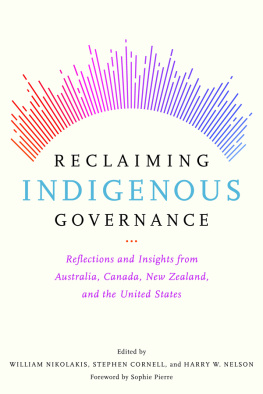

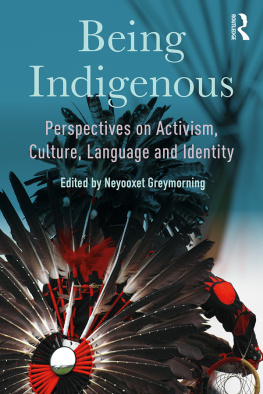

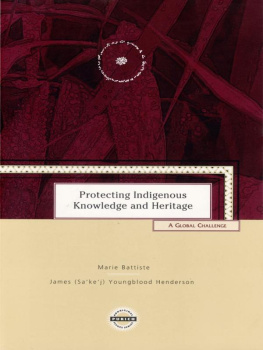
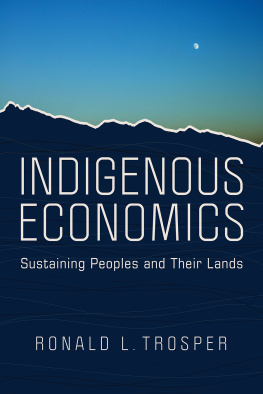
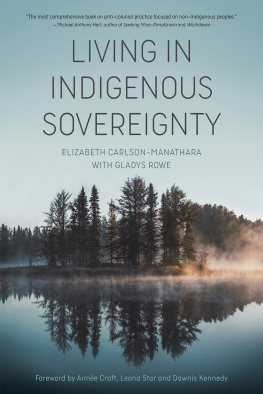
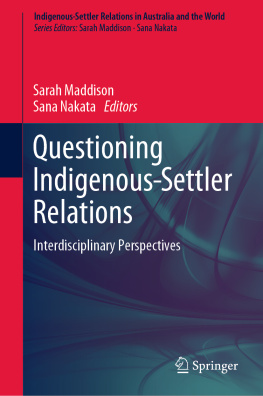
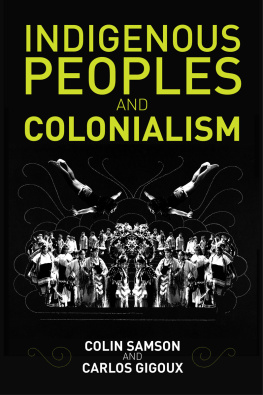


 This paper meets the requirements of ANSI/NISO Z39.481992 (Permanence of Paper).
This paper meets the requirements of ANSI/NISO Z39.481992 (Permanence of Paper).